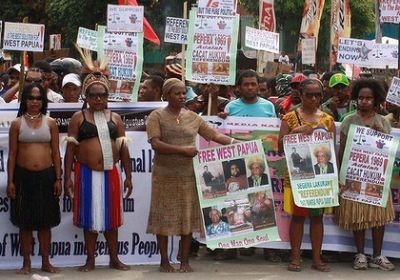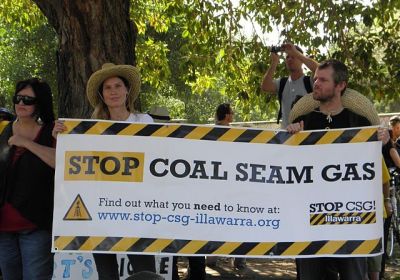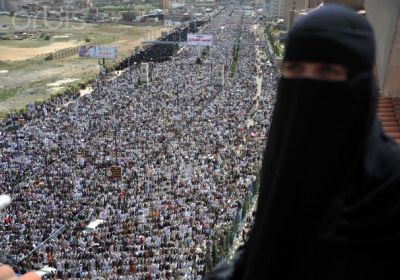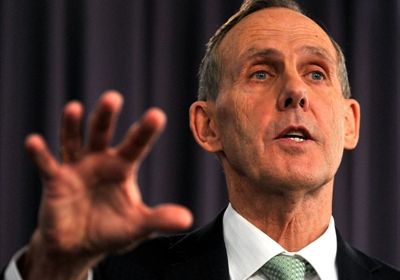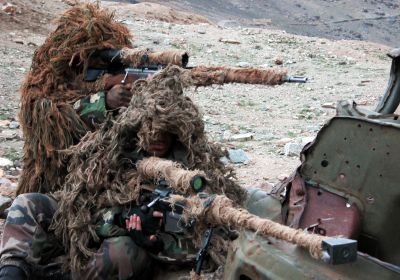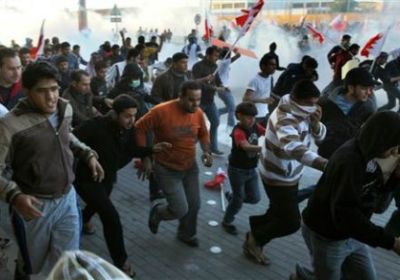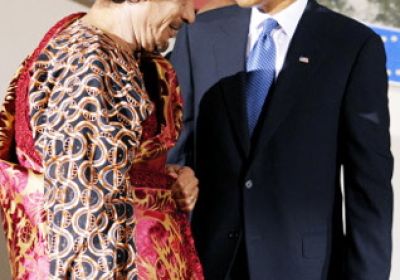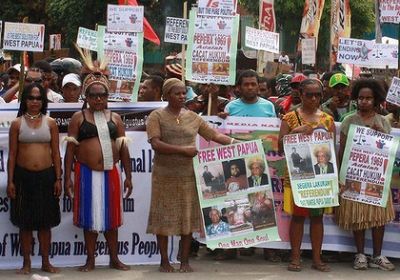
Strike action by thousands of workers at the notorious Grasberg gold and copper mine in West Papua since September 15 has brought operations to a halt, despite attempts to stop the strike.
The mine is the largest and most profitable in territory controlled by Indonesia and has a long association with human rights abuses. It is owned by US mining giant Freeport-McMoRan and British-Australian company Rio Tinto.
West Papua has been occupied by Indonesia for nearly five decades, despite strong demands from Papuans for self-determination.

